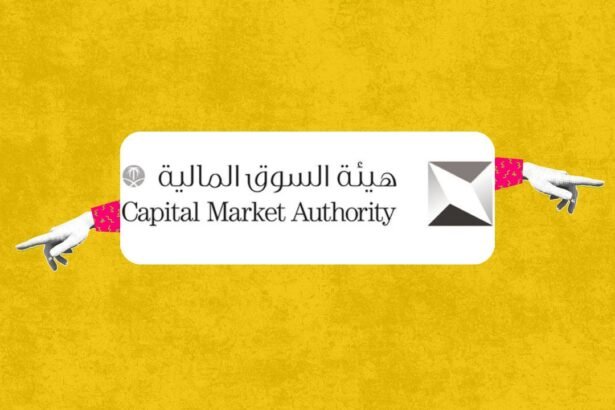In a move that reinforces Saudi Arabia’s commitment to innovation in capital markets, the Capital Market Authority (CMA) has officially announced that Owais Al-Osool for Financial Technology has completed all requirements to begin its FinTech experiment. This milestone enables the company to test solutions focused on the offering and investment in debt instruments.
This initiative falls under the Financial Technology Experimental Permit Program. This initiative encourages regulated innovation and responsible growth in the Kingdom’s financial sector.
A strategic approval backed by Saudi Law
The experimental permit was granted based on the Capital Market Law issued by Royal Decree No. (M/30) dated 06/02/1424 AH. The CMA Board officially approved Owais Al-Osool’s entry into the experimental phase on July 8, 2024.
This structured approval ensures that every FinTech solution tested in the sandbox meets legal, operational, and ethical standards — giving innovators the space to grow while protecting investors and market integrity.
What is the FinTech Experimental Permit?
The FinTech Experimental Permit (FEP) is Saudi Arabia’s version of a regulatory sandbox, a controlled environment where financial technology firms can test new products and business models under CMA oversight.
It will help to:
- ✅ Encourage innovation in financial services
- ✅ Protect investors while minimizing systemic risk
- ✅ Foster healthy competition in the capital market
- ✅ Bridge the gap between regulation and emerging tech
So far, the FEP has been instrumental in giving startups and tech-forward financial institutions the opportunity to pilot new services that could reshape Saudi Arabia’s capital markets.
Focus: Offering & Investment in Debt Instruments
Owais Al-Osool’s experiment centers on Offering and Investment in Debt Instruments, a sector gaining traction as the Kingdom diversifies its capital market. By digitizing and simplifying access to debt securities, this project could:
- ✅ Broaden access to alternative investment options
- ✅ Improve transparency in fixed-income markets
- ✅ Enhance efficiency in the issuance process
- ✅ Lower barriers for retail and institutional investors
This marks an important step in expanding non-equity investment options in Saudi Arabia. Additionally, it aligns with Vision 2030’s broader goals of financial sector development.
What Comes Next?
With commencement of business requirements officially met, Owais Al-Osool is now set to begin live experimentation of its solution in the market. During this period, the CMA will:
- ✅ Closely monitor its operations
- ✅ Evaluate potential risks and investor impact
- ✅ Gather insights to potentially inform future regulations
If successful, the FinTech solution could be rolled out on a wider scale. Potentially even introducing a more inclusive and tech-enabled approach to debt financing in the Kingdom.
A Signal of Continued FinTech Progress
Saudi Arabia continues to position itself as a regional leader in financial innovation. It will be offering the tools and regulatory support to nurture the next generation of financial services. This latest move is part of a growing list of steps taken to balance innovation with strong governance. In fact, it’s a vital ingredient for long-term success in the FinTech space.




